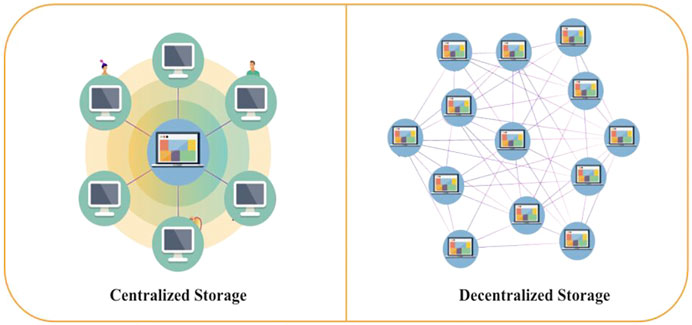My Experience with Decentralized Control in the Classroom
The concept of decentralized control in a learning environment is very intriguing. I love focusing on and emphasizing knowledge first and then figuring out the situation (teacher or student centred) based on which will best suit learning.
In my experience, the discipline being studied heavily impacts the type of control that is present in learning. Often STEM subjects (particularly math) is centralized. Unfortunately, math has a reputation of and is criticized for its independent work style. The math classes I took in high school all focused on a teacher standing at the front of the room, seldom looking at their students while explaining the concepts. I have a few problems with this:
1. The teachers would go through the entire lesson without acknowledging how much knowledge has been transferred to students -- if we are absorbing the content or not.
2. Discussion was not encouraged -- if I had a question and my hand wasn't seen by the teacher, I'd ask the person next to me but then get chastised for talking during the lesson. This was extremely frustrating since I was unable to follow the rest of the lesson when confusion arose during the first few stages of the problem.
My grade 10 and 11 teacher (same person) actually discouraged students from asking each other questions. His justification: he gets paid to help us and studied the material in post-secondary.
He didn't want us to teach each other the wrong information, causing more confusion. This is extremely disheartening as a student because he didn't trust that we could figure out our mistakes and learn from them. I completely disagree. I've been a student most of my life and have figured out my learning style thrives through discussions. I am able to create connections between what I discover through other's knowledge and the content instead of relying on what the teacher finds important. Learning how to solve my own mistakes instead of being told where I went wrong is how I prevent the mistake from happening again.
My experience in his class felt a lot like this picture, a teacher scared of opening up the discussion to the class because of the potential of behaviour getting out of control.
On the other hand, the humanities has this reputation of being discussion based with an emphasis on group/partner work. The mix of receiving information and presenting it to other classmates is what keeps me engaged. In the senior grades especially, teachers facilitate more often than prior years. Of course we still had lectures that placed the teacher at the front of the room presenting information to students while they take notes but this just further proves decentralization -- doing what's best for the specific situation of learning.
Knowing what I know now, if I am ever to teach grades seven or eight (I'm in the I/S stream) I will use transdisciplinarity to show how math is connected to much more than itself. I want to display the knowledge I learned while crafting my last blog post (the relationship between music and math). Students' relationship with math shouldn't suffer because of a narrow viewpoint of what math is.
Comments
Post a Comment